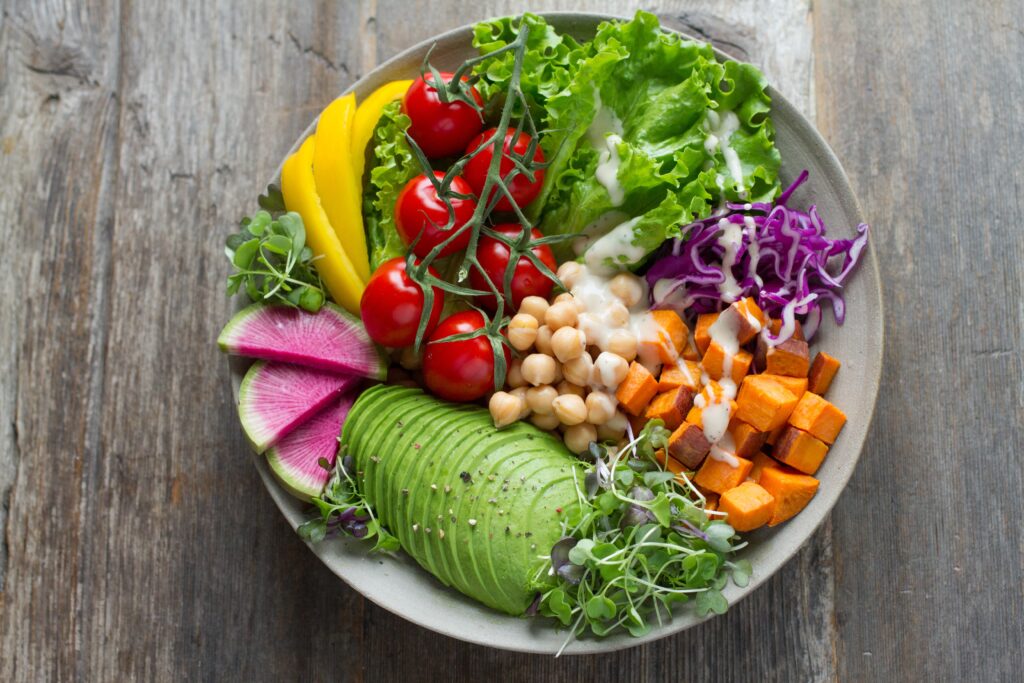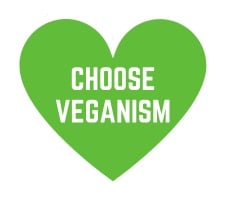
Most people hesitate about going vegan because of myths and preconceived notions making it appear too good to be true or painstakingly difficult to adopt as part of a healthy lifestyle. So, let’s debunk some of the most popular myths about veganism that may be holding you back from pursuing a nutritious plant-based diet.
Myth 1: Vegan Food Is Expensive
Contrary to the common misconception, going vegan can be cheaper and help you save money in the long run. According to a study by the Journal of Hunger & Environmental Nutrition, individuals who eat a plant-based diet spend an average of £650 less on food per year than meat-eaters. Prepacked or processed vegan food substitutes, such as vegan burgers or ice cream, can come at a higher price tag. However, they are not a requirement and opt for whole foods like rice, oats, beans, quinoa, and seasonal fruits and vegetables.
Myth 2: Going Vegan Can Cause Protein-Deficiency
This one’s probably the most annoying myth most vegans come across. Protein, an essential building block that helps build muscle and keep you stronger and younger, is not exclusive to animal sources. There’s plenty of protein available when you eat daily servings of plant-based foods, like:
- Spelt and teff
- Legumes, lentils, and beans
- Grains – quinoa, Adlai, wild rice
- Chia seeds
- Most types of nuts (almond, cashew, Brazil nuts, pili nuts)
- Asian foods – tofu, soy, tempeh, edamame
- Protein-rich vegetables (broccoli, artichoke, spinach, asparagus, Brussels sprouts)
Myth 3: Veganism Leads to Eating Disorders
Frequently, going vegan gets vilified in mainstream media by linking it to mental health conditions and eating disorders like anorexia. This is a blatant and baseless lie. Although some people initially get attracted to plant-based diets hoping to reach fitness goals faster, veganism is, first and foremost, the philosophy and practice of eliminating the consumption of food, clothing, and other products derived from animals or may have caused animal cruelty.
Myth 4: Vegans Are Calcium-Deficient
Another nutrition-based vegan myth! Like protein, calcium isn’t exclusively found in animal products like milk and dairy. Instead, there are many vegan-friendly calcium sources, such as soy-based foods, tahini, sesame seeds, flax seeds, amaranth, teff, wakame, kelp, figs, and oranges.
Myth 5: Veganism Is Too Difficult to Sustain
Forming new habits can be challenging initially, and that goes for anything, not only going vegan. However, suppose you give veganism or any plant-based diet a chance seriously and stick with it for a week or two. In that case, you’ll soon realize that it’s pretty doable, enjoyable, and sustainable. Nevertheless, it’s crucial to have a strategy to help you stay on track.
For example, one of the benefits of a clean home is making it easier for you to transition to healthy eating habits. So, declutter your kitchen of non-vegan and unhealthy food items and stock up on whole foods, like fresh fruits and vegetables. Build your grocery list with vegan-approved products. Love ice cream so much? Make sure you’re always ready with a vegan-friendly alternative within reach for when the craving hits you.
Conclusion
We hope that this list has helped to disprove some of the most prominent notions about going vegan. Don’t let vegan myths stop you from taking the super-rewarding step of trying veganism! By taking your first step on a vegan journey you will be starting the process of helping yourself, animals and the environment!
